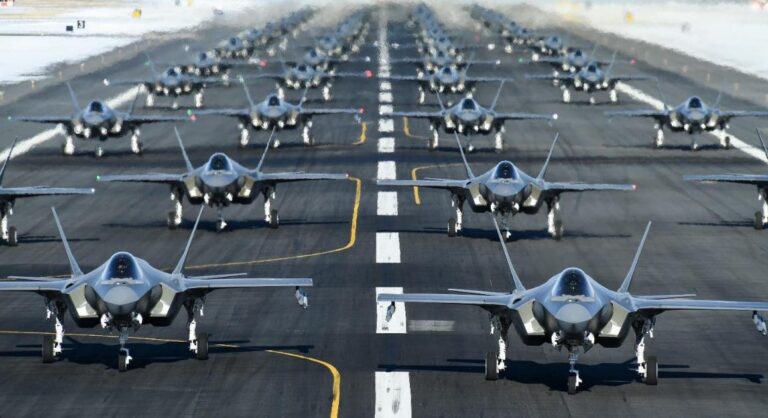
The Federal Aviation Administration (FAA) is curtailing private jets at a dozen major airports starting Monday—but hundreds of American millionaires and some air traffic controllers say it won’t move the needle in the government shutdown.
Key Facts
Beginning Monday, the FAA will “effectively prohibit business aviation” at 12 major U.S. airports during the shutdown, the National Business Aviation Association (NBAA), an industry trade group, said in a statement issued at midnight Monday.
While the FAA’s decision last week focused on cutting 10% of commercial flights at 40 major airports, this latest initiative “disproportionately” impacts general aviation (which includes recreational flights and private charters) — which “generates $340 billion in economic impact,” NBAA chief Ed Bolen said.
But aviation experts told Forbes the cuts to the designated airports will not meaningfully ease pressure for fatigued air traffic controllers because most private jets use smaller airports.
The U.S. should “ground all the private jets in America before we ground a single commercial airline,” contends Patriotic Millionaires, a left-leaning activist group of more than 225 high-net-worth individuals, including Abigail Disney; Morris Pearl, former managing director at BlackRock; and John Driscoll, chair of Magnit Global, a workforce management platform.
Wealthy people “are so constantly buffered from the nasty realities” of the traveling public, Stephen Prince, a Patriotic Millionaires member who made his fortune manufacturing plastic gift cards, told Forbes, adding, “And it’s just not fair to the rest of our society.”
As the shutdown has worn on, there have been “rumblings” among controllers to “make it more difficult for private jets” so “the elite can feel the same pain” during the shutdown, an aviation expert who works in an FAA training facility told Forbes.
Which Major Airports Will Halt Private Flights Starting Monday?
The list of a dozen airports includes seven of the nation’s 10 busiest, according to OAG data.
- Atlanta’s Hartsfield-Jackson (No. 1)
- Chicago O’Hare (No. 2)
- Dallas/Fort Worth (No. 3)
- Denver (No. 4)
- Los Angeles International (No. 5)
- New York’s John F. Kennedy (No. 6)
- Seattle-Tacoma (No. 10)
- Newark Liberty
- Boston Logan
- Houston’s George Bush Intercontinental (IAH)
- Phoenix Sky Harbor (PHX)
- Washington’s Reagan National (DCA)
Will Cutting Private Flights At These Major Airports Help Air Traffic Controllers?
If the FAA truly wanted to move the needle, it would have selected a different group of airports, Melanie Dickman, a lecturer at The Ohio State University’s Center for Aviation Studies who teaches future air traffic controllers, told Forbes. “I fear it won’t make a difference for traffic levels. Small general aviation aircraft don’t generally fly into those airports to begin with, as private jets normally use smaller, more convenient airports nearby.” Cutting private flights to 12 major airports was “a great idea” that didn’t go far enough, according to Prince, as most wealthy jetsetters don’t fly in and out of the busiest hubs. “Let’s say they shut down LaGuardia and Kennedy and Newark to [general aviation] travel. Well, most people flying in New York privately are flying in and out of Teterboro, the busiest general aviation airport on the East Coast.”
Big Number
16.7%. That’s the share of flights by private aviation out of the total flights handled by the FAA in the U.S., according to a 2023 report by the Institute for Policy Studies, which pointed out that private aviation contributes roughly only 2% of the taxes that fund the FAA’s trust fund.
Crucial Quote
“It’s not fair, it’s not righteous,” Prince told Forbes of the FAA trust fund gap. “We ought to be contributing more of the revenue because we can afford it. When you can pay $50 million every three years for a brand new [Gulfstream] G650, you can afford to pay more fees to have access to that luxury.”
Further Reading
Cristiano Ronaldo—World’s Highest-Paid Athlete—Says This Custom Item Is His Most Expensive Purchase Ever (Forbes)
Sourse: https://www.forbes.com/






